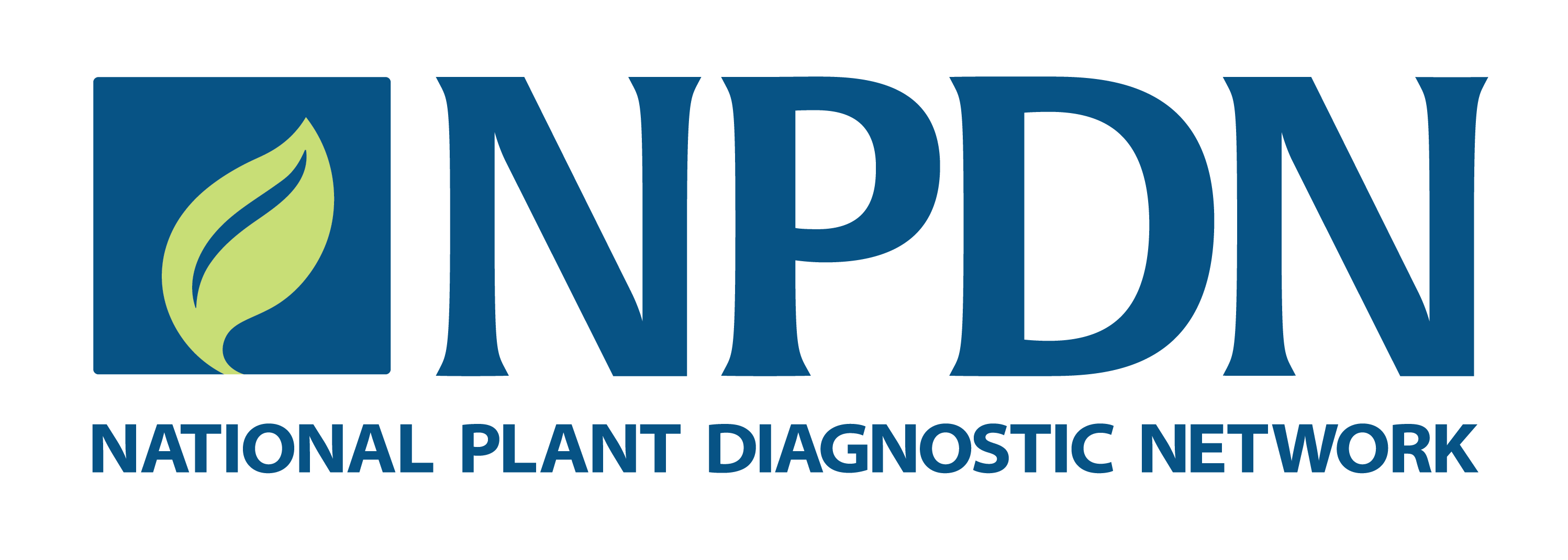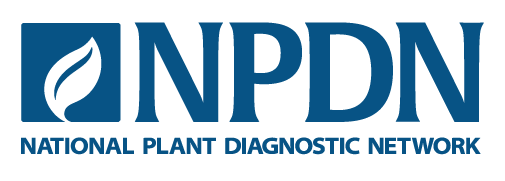Suggestions from the Idea Café at APS Plant Health 2024
James Woodhall (1) and Suzette Baldwin (2)
1. Immediate Past Chair - APS Diagnosticians Committee, University of Idaho – Parma (WPDN)
2. Chair - APS Diagnosticians Committee, North Dakota State University (GPDN)
The Communicator: Volume 5, Issue 11, November 2024
Funding a diagnostic lab remains a constant challenge. National Plant Diagnostic Network (NPDN) funding has remained at a flat level since 2011 (Madeiras, 2024) while the cost of salaries and consumables have increased drastically (Woolston, 2023). Although monies spent on diagnostic activities can be recouped through charging for services, this may not be possible in all instances. To discuss this issue and share best practices for securing funding, approximately 20 people participated in an Idea Café at Plant Health 2024 in Memphis.
The type of participants was broad ranging from diagnosticians, department heads and representatives of industry. The discussion focused on two parts – identifying some of the challenges and possible solutions.
Some of the challenges included:
- Charging fees may prevent clients from accessing diagnostic services, especially those who have limited resources.
- Many services have been traditionally available for free to extension clients
- Some labs are prohibited in charging for services to ensure an inclusive service
- Investigation of new, previously uncharacterized diseases may require iterative and comprehensive testing and further research resulting in prohibitive costs that are impossible to pass on.
- Some individual enterprises have in the past taken advantage of the free service acting as a middleman to fee-paying clients.
- Difficulty in securing funds for new equipment purchases, particularly when a critical piece of equipment fails.
Potential additional sources of funding for labs identified included:
- Expanding the range of fee-paying tests a lab may offer
- Obtaining specific funding from commodity groups for diagnostic activities
- Endowment/foundations funding for diagnostic activities
- Funding from survey work such as IPM, APHIS or CAPS surveys
- Providing diagnostic support for National Clean Plant Network activities
- Differential charging between individual (home gardens) and diagnostics for professional organizations (crop consultants, seed industry etc).
The participants agreed that consistent NPDN funding at appropriate levels is essential to ensure stability for labs and for unrecoverable costs to investigate new, uncharacterized diseases. The authors extend their thanks to all who participated and shared their contributions in the Idea Café.
References:
Madeiras, Angela. NPDN Communicator Volume 5, Issue 2 (2024). https://www.npdn.org/newsletter/2024/02/npdn_labs_face_funding_challenges
Woolston, Chris. Nature 613, 601-602 (2023) https://www.nature.com/articles/d41586-023-00088-z

